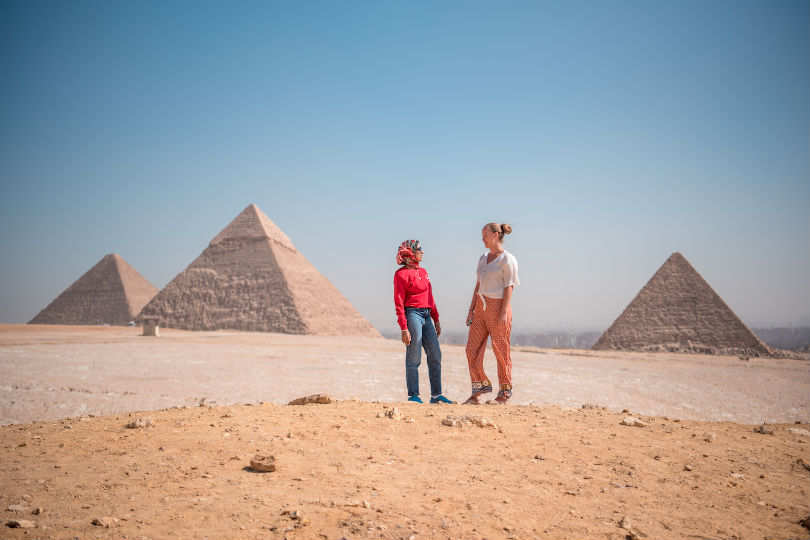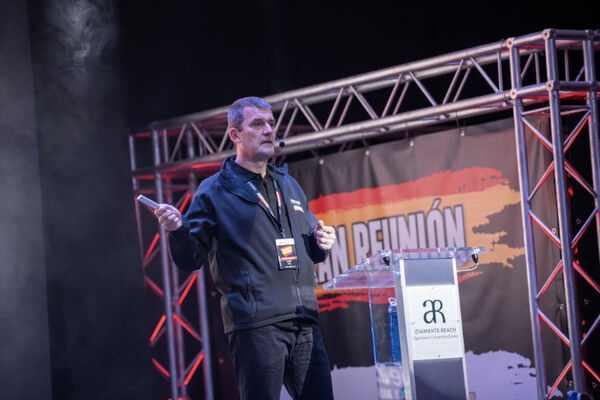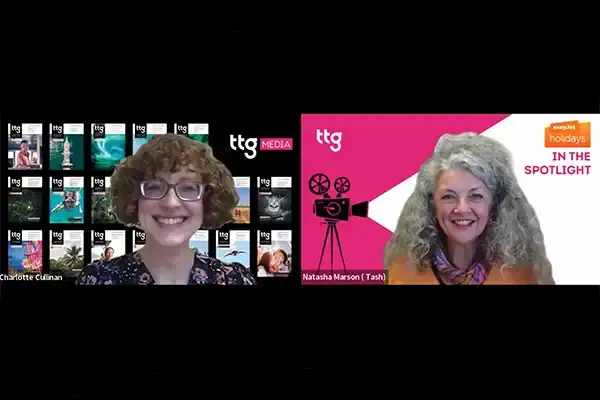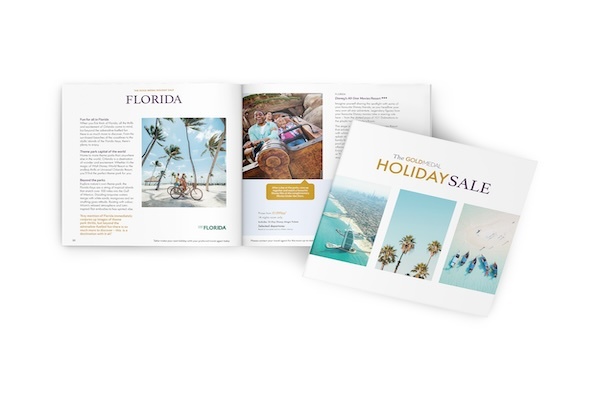Intrepid: Why we were wrong to claim our trips are ‘planet-friendly’
At Intrepid Travel, we work hard to talk about our trips in a way we believe accurately represents the Intrepid experience and the impact that we create.
This journey is constantly evolving, and we have made plenty of mistakes along the way. This week, the UK Advertising Standards Authority (ASA) upheld a complaint about one of our adverts on the London Underground that used the phrase "planet-friendly small group adventures".
As a certified B Corp committed to transparency, it’s important we are open about these challenges. The fact the regulator is tightening its rules around talking about climate change and the environment in advertising is only a positive thing – and it’s an experience that we’ve learned from. It has given us an opportunity to reconsider how we talk about our trips in the current landscape, not just in the UK, but globally.
Here, I’d like to share our learnings as we work to communicate with our customers in the clearest way possible.
The first is to avoid and remove subjective and vague language like “friendly” and “safe”. One of the key lessons for us has been the need to exercise more discipline around our choice of words.
The regulatory standards from the ASA in the UK have – rightly – become increasingly stringent around subjective language, and it has served as an important reminder for us to be vigilant on our regional regulatory standards and avoid language that could be perceived as “greenwashing”.
‘Global review’
On the advert I mentioned, we used the tagline “people and planet-friendly small group adventures” to describe our tours. By using the phrase “planet-friendly”, we intended to denote that our trips are designed to minimise their impact on the environment by using public transport and lower carbon options where possible. The impact of our tours is measured and offset by purchasing international carbon credits.
It was also intended to reflect that our trips fund conservation projects, support grassroots NGOs and empower local communities. We have a strong track record, which is publicly documented in our annual impact reports, to back that up.
It was never our intention to mislead customers, so we have made the decision to stop using “planet-friendly” in our advertising globally and have begun a global review into how we talk about our trips in future.
Another important consideration is how we account for the entire lifecycle of our trips. Our travellers come from all over the world and all walks of life to join our tours. While most of them fly to reach their starting point, we are seeing more take a train, bus or drive as we expand our domestic tour range and trips “closer to home”.
Regardless of where our travellers come from, we traditionally marketed the Intrepid experience as it is sold. The tour starts at a set time, in a particular location, in a certain city. Customers sign off from their Intrepid experience at the conclusion of the tour.
Avoiding greenwash
However, the ASA requires environmental claims to be based on the "full lifecycle of the advertised product, unless the marketing communication states otherwise".
As travel companies, unless specified otherwise, we are responsible for communicating our product in a way that acknowledges the entire lifecycle of our travellers’ holidays from the moment they leave their home to the moment they return.
The undeniable truth is that greenwashing has become a prevalent issue in travel and many other industries. For Intrepid, navigating this new normal in advertising as a brand that I genuinely believe “creates positive change through the joy of travel” is tough to say the least.
We have stumbled along the way and will likely continue do so as our business grows bigger and our impact, both positive and negative, becomes further reaching. But we will remain committed to sharing these lessons openly in the interest of a stronger industry.
Leigh Barnes is Intrepid Travel’s chief customer officer.
Sign up for weekday travel news and analysis straight to your inbox
Supplier Directory
Find contacts for 260+ travel suppliers. Type name, company or destination.













